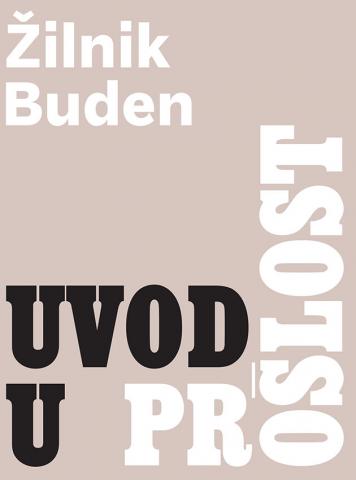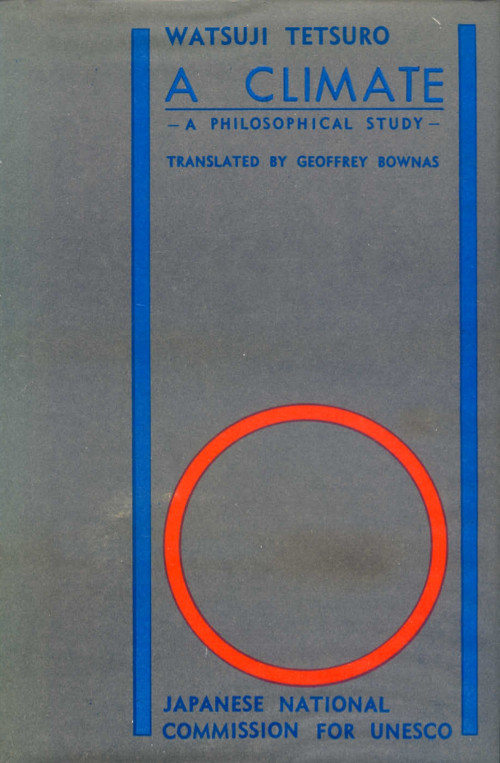Theory, Culture & Society 30 (6), Special Issue: Cultural Techniques (2013)
Filed under journal | Tags: · cultural techniques, culture, media studies, media theory, philosophy of technology, technology

“This special issue is dedicated to Kulturtechniken (‘cultural techniques’), one of the most interesting and fertile concepts to have emerged in German cultural theory over the last decades. Our goal was to compile a collection that can serve as both archive and toolbox. For readers with a more historically-oriented interest in the multilayered past of the concept, we included important earlier proposals to define Kulturtechniken as well as more recent attempts to (re)write the history of the concept in light of current theory debates. For those more concerned with possible applications and implications, we encouraged contributors to apply their particular understanding of Kulturtechniken to new, sometimes unexpected, domains – from servants and swarms all the way to the basic reconfiguration of our understanding of time and machinic temporality. We are, in short, interested in unfolding the concept and probing its use value. Our two guiding questions are: What are cultural techniques? And what can be done with the concept?” (from the introduction)
Edited by Geoffrey Winthrop-Young, Ilinca Iurascu and Jussi Parikka
Publisher Sage, November 2013
ISSN 0263-2764
172 pages
Cultural techniques at Monoskop wiki (with source bibliography)
Publisher
Boris Buden, Želimir Žilnik, kuda.org, et al.: Uvod u prošlost (2013) [Serbian]
Filed under book | Tags: · avant-garde, cinema, cultural history, culture, film, politics, yugoslavia

“Ovo je knjiga koja se naizgled bavi jednim sasvim određenim segmentom prošlosti, nečime što se je nekada zvalo kulturna povijest. No, tu kulturnu povijest ona ne tretira kao posebnu disciplinu historiografije koja za svoj predmet uzima ono što je u prošlosti steklo status kulturnog dobra. Za ovu knjigu kulturna povijest je sama forma u kojoj nam se danas ukazuje prošlost. U mjeri u kojoj smo svjesni prošlosti, svjesni smo je kao kulture.
Konkretno, kada se u ovoj knjizi govori o kulturnoj proizvodnji bivše Jugoslavije, o filmovima, odnosno o takozvanom filmskom jeziku redatelja Želimira Žilnika, kada se u njoj raspravlja o sukobima u kulturi, njihovim akterima, odnosu politike i umjetnosti, o ekonomskim pretpostavkama filmske produkcije i njenim društvenim efektima, onda se o tome ne govori u disciplinarnom smislu jedne, recimo, povijesti jugoslavenskog filma, odnosno, individualnog filmskog djela određenog redatelja, pri čemu kategorije društva, politike i ekonomije služe kontekstualizaciji jednog po sebi čisto kulturnog narativa. Kultura se ne zbiva u nekakvom unaprijed zadanom ekonomskom, političkom i društvenom kontekstu; ona je kao takva uvijek već i ekonomska činjenica i politički faktor i društveni proizvod. Ona nam ne govori o tome kakva je prošlost doista bila, nego jest ta prošlost u njenoj prisutnosti, aktualnosti, neizvjesnosti, otvorenosti. Ona je prošlost s onu stranu njene razlike spram sadašnjosti i budućnosti.” (Iz predgovora)
Publisher Centar za nove medije_kuda.org, Novi Sad, September 2013
kuda.read series
Copyleft license
ISBN 9788688567077
221 pages
Tetsurō Watsuji: A Climate: A Philosophical Study (1935/1961)
Filed under book | Tags: · buddhism, climate, culture, ecology, environment, nature, philosophy, self, space

“In 1927 the Japanese philosopher and cultural and intellectual historian Tetsurō Watsuji went to Germany and returned the next year much influenced by the philosophy of Martin Heidegger. Watsuji could not agree with Heidegger’s theories about human existence, so he wrote a book named Fūdo, published in English as A Climate: A Philosophical Study (reprinted as Climate and Culture: A Philosophical Study). Watsuji explained Fūdo as ‘the natural environment of a given land’. Watsuji thought that Heidegger placed too much influence on the individual and overlooked the importance of social and geographical factors that affect the individual.
Heidegger’s emphasis on the individual was an outcome of centuries of European thought. Descartes said, ‘cogito, ergo sum’, (I think, therefore I am). Watsuji, however, saw the human being as a product of a ‘climate’ including not only natural surroundings but also the social environment of family, society and history. For example, Watsuji explains that ‘cold’ is not a specific temperature, but also the sensation of ‘cold’ which we actually experience in our daily lives. In other words, is the feeling of ‘cold’ a subjective, conscious feeling? Or does the feeling of ‘cold’ come from the independent existence of ‘cold’? Watsuji says that neither is a satisfactory answer because both explanations make a distinction between subject and object, or human and nature. A human being recognizes coldness before any division is made between ‘subjective’ and ‘objective’. For Watsuji, the relationship between a human and his environment, called aidagara, already exists before any other concepts are understood. This idea is similar to the “pure experience” of Nishida Kitaro.
Watsuji’s philosophical uniqueness is the explanation of human existence, aidagara, in terms of social and geographical phenomena. French scholar Augustin Berque was influenced by Watsuji’s way of thought and understood that Watsuji does not regard nature and nature-human as dual existences. Berque suggests the term trajet to include the subject simultaneously with object, nature with artificiality. In French the term trajet usually means distance of travel, or route. Berque sought to change the fixed meaning of subject and object, nature and culture, individual and society, to include the possibility of inter-changeable relationships.” (from New World Encyclopedia)
The book was reprinted under the title Climate and Culture: A Philosophical Study by Greenwood Press, 1961.
Originally published as Fūdo (風土 人間学的考察), 1935
Translated by Geoffrey Bownas
Publisher Printing Bureau, Japanese Government, 1961
235 pages
via golittlebook
Watsuji at Stanford Encyclopedia of Philosophy
Comment (0)
